Textile-Effects – rPET-bottle-to-bottle 27-01-2022 - Arhive
Textile-Effects – rPET-bottle-to-bottle
-EPBP and RecyClass announce strategic collaboration
The European PET Bottle Platform (EPBP) and RecyClass have joined efforts to further support value chain actors in making the right design decisions in PET bottle production.
Following the numerous commitments of the industry players to increase uptake of recycled plastics, including the new mandatory target of 25% in PET bottles by 2025, EPBP and RecyClass want to ensure that the recyclability, and therefore, circularity, of PET bottles is guaranteed. Textile-Effects – rPET-bottle-to-bottle
“If we are to make plastics circular the industry players need to speak with one voice”, said Paolo Glerean, RecyClass chairman, “we need also a clear and long-term objective which requires the collaboration, know-how and endorsement of all the partners.”
“Working together to safeguard food contact rPET with the highest quality in a bottle-to-bottle closed loop will be a key enabler for the industry towards its commitments”, says Philippe Diercxsens, EPBP board member representing Natural Mineral Waters Europe (NMWE). Textile-Effects – rPET-bottle-to-bottle
“We believe that this partnership will be very beneficial to support a sustainable PET business and to foster solutions that help create a truly circular economy,” said Antoon Spiessens, EPBP board member representing UNESDA Soft Drinks Europe.
Within this partnership, EPBP will be responsible for the governance development and update of the testing protocols while RecyClass will be responsible for the execution and validation of the analysis of the standard package based on EPBP guidelines and protocols. This will include among others, running standard testing, ensuring impartiality and the highest quality of tests.
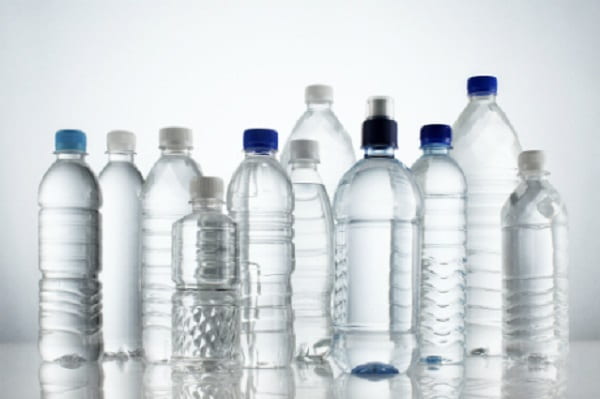
Focused efforts are advancing innovative and sustainable solutions for customers
Unifi, Inc. (NYSE: UFI), makers of REPREVE and one of the world’s leading innovators in recycled and synthetic yarns, is launching an enhanced supply chain certification and two new products at Outdoor Retailer’s Winter Market taking place Jan. 26-28, 2022, in Denver. Textile-Effects – rPET-bottle-to-bottle
These additional innovations—U TRUST® Product Certification, REPREVE SmartDye™ technology and Berry Compliant Knit Cord—enhance and support Unifi’s commitment to sustainability, transparency and customer service.
“This certification’s credibility can be validated by external parties. The U TRUST Product Certification validator tool also introduces new functionality for corporate brands and retailers into their brands’ certifications.”
The U TRUST Product Certification allows brands to obtain an additional level of transparency for their products made with REPREVE recycled fibers and builds on other Unifi certifications: U TRUST Fabric Certification, Scientific Certification Systems, Oeko-Tex certification and the Global Recycle Standard certification. As a complement to these existing safeguards, the U TRUST Product Certification allows brands to aggregate multiple REPREVE certified fabric components in a product and leverages a physical tracer (Unifi’s FiberPrint® technology) that can be audited, proven and found in the product throughout its life.
“Our newest certification gives brands additional peace of mind that goes beyond what a purely transaction-based certification can provide,” explained Jay Hertwig, Unifi’s senior vice president of commercialization. “This certification’s credibility can be validated by external parties. The U TRUST Product Certification validator tool also introduces new functionality for corporate brands and retailers into their brands’ certifications.” Textile-Effects – rPET-bottle-to-bottle
Unifi is also launching REPREVE SmartDye lower-temperature dyeable recycled polyester. The product yields substantial energy savings and reduces cycle time when compared to standard polyester. Available in REPREVE Polyester Staple Fiber and REPREVE Filament Fiber, REPREVE SmartDye improves dye cycle efficiency and achieves up to 30%1 energy savings without compromising a fabric’s performance.
In addition, the company is launching Berry Compliant Knit Cord, a high-quality synthetic cord that’s perfect for comfortable ear loops for standard, surgical, KN95 and N95 respirator masks. It’s soft, durable and strong, and the product is packaged on yarn bobbins – not loose in boxes. Customizability is key for this product, as it’s available in nylon and polyester, multiple colors and patterns, and in a variety of sizes. Textile-Effects – rPET-bottle-to-bottle
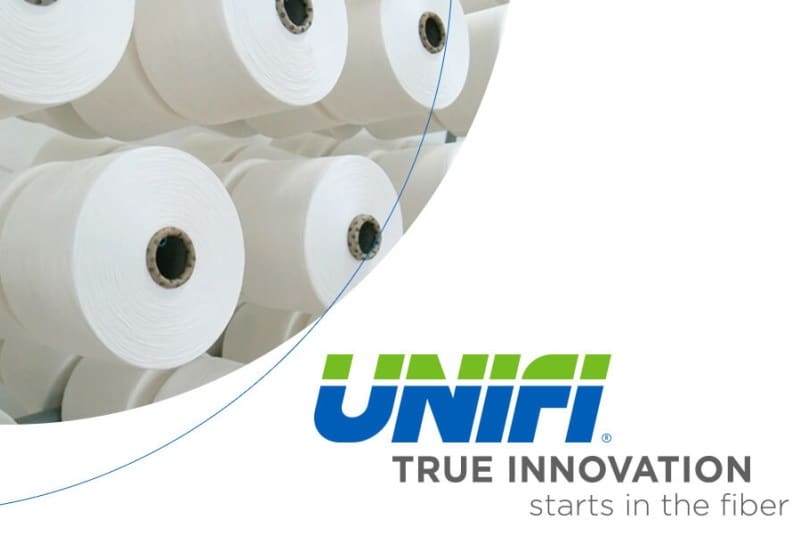
-Trinseo downgrades 2021 full-year guidance on energy pricing, production halt
Trinseo has downgraded its expectations for full-year 2021 earnings and profits on the back of the sharp rise in natural gas pricing late last year and lost styrene production at its Terneuzen site in the Netherlands, the US-headquartered plastics and rubber specialist said on Monday. Textile-Effects – rPET-bottle-to-bottle
The company projects that full-year net income for 2021 will stand at $279m-281m, compared to earlier guidance of $336m-376m, while fourth-quarter net income is expected to be as little as $1m.
Citing an “unprecedented” rise in European natural gas costs that outpaced the company’s capacity to pass on price increases and production losses at Terneuzen due to an upstream force majeure, Trinseo expects fourth-quarter net income from operations to be $1-3m, compared with $67m during the same period in 2020.
Full-year 2021 adjusted earnings before interest, taxes, depreciation and amortisation are expected to be $726m-732m, compared with earlier forecasts of $750m-800m.
Since the previous financial guidance was issued, the company has absorbed a hit of around $30m to net income from the sharp increases in natural gas pricing and $20m from Terneuzen. Textile-Effects – rPET-bottle-to-bottle
The company halted styrene production at Terneuzen in December 2021 due to feedstock supply constraints arising from a Dow cracker outage, returning to normal output for styrene derivatives before the end of the year. Monomer production remains offline.
“While we implemented pricing actions in the fourth quarter, these were unable to keep pace with the unprecedented rise in natural gas prices that occurred late in the quarter,” said Trinseo CEO Frank Bozich. Textile-Effects – rPET-bottle-to-bottle
“Despite this and the Terneuzen outage, we were still able to generate significant cash and returns to shareholders during the fourth quarter, while continuing on our path of transformation via the completion of our sale of the synthetic rubber business and the acquisition of plastics recycler Heathland,” he added.
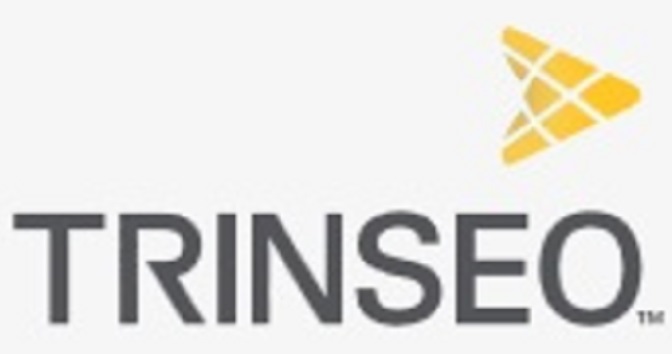
-STADLER’s film and flexible packaging sorting equipment helping to close the circular economy loop
The pressure to address film and flexible packaging waste has been building up. Awareness about plastic waste and how to reuse materials has grown, and consumers are increasingly vocal in their requests for a more environmentally friendly approach to packaging. Textile-Effects – rPET-bottle-to-bottle
Legislation is also tightening up to encourage manufacturers to use post-consumer resin (PCR) in addition to virgin resin. For example, in the United States, New Jersey’s legislature will send to the governor a bill requiring 20 percent PCR in plastic shopping bags and 40 percent three years later. A California Assembly Bill makes brands solely responsible for achieving 50 percent PCR in beverage containers by 2030, with the aim of “making manufacturers partners in ensuring they have sufficient material to meet this requirement.”
The big international brands are setting self-imposed mandates about the content of PCR in their packaging in the expectation that legislation around the world will become increasingly stringent. Textile-Effects – rPET-bottle-to-bottle
As a result of the pressure for the creation of a plastics circular economy, the recycling sector is attracting public and private investment. Closed Loop Partners is participating in the acquisition of a majority stake in Sims Municipal Recycling and plans to expand the business into additional municipalities and post-consumer recyclable streams.
The challenges surrounding the recycling of film and flexible packaging waste
“The first challenge is the low bulk density of these materials, which are very light and fluffy,” explained Enrico Siewert, Director of Product and Market Development at STADLER. “They tend to move around on a sorting plant’s conveyors and wrap themselves around the bearings of the shafts, affecting the equipment’s performance and maintenance. Textile-Effects – rPET-bottle-to-bottle
Also, these materials are susceptible to trapping moisture, they tend to crumple locking in the moisture, and it takes a lot of energy to clean them.”
“However, the biggest issue is that many of these materials are multi-layers, where different polymers – EVOH, PE, PP or PET – are sandwiched together to achieve the desired performance properties. The layers are fused together, so they are very difficult to separate mechanically. Also, they have different melt temperatures, so extrusion is difficult when using this material during the remanufacturing of new products,” said Siewert.
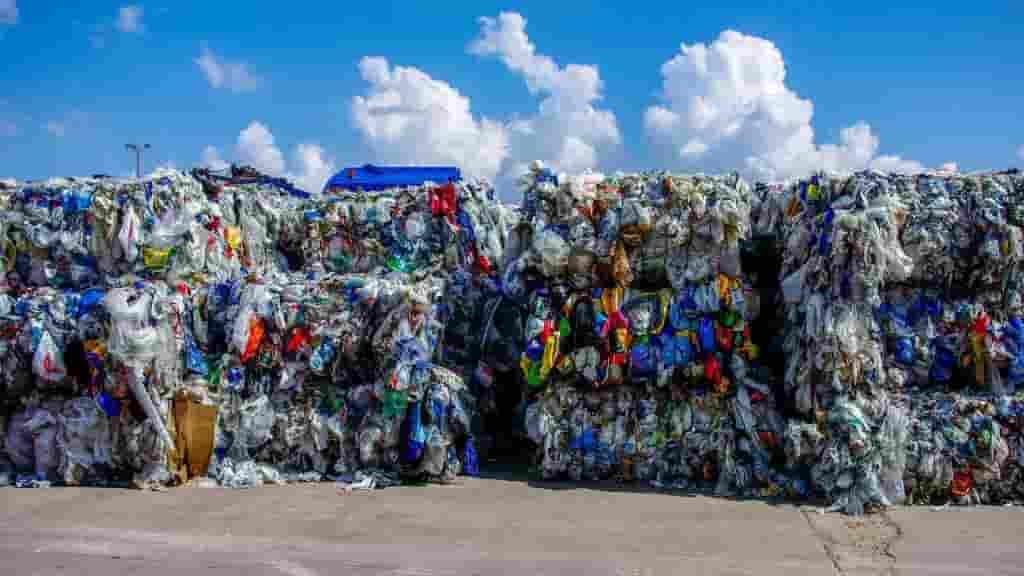
-PepsiCo Europe targets virgin fossil-based plastic elimination in all chip packs by 2030
CEO Silviu Popovici now wants “an appropriate regulatory landscape” to support circular economy Textile-Effects – rPET-bottle-to-bottle
Decrease font sizeDefault font sizeIncrease font size
epsiCo Europe plans to eliminate virgin fossil-based plastic in all of its chip bags by 2030. The food and beverage giant proposes using 100% recycled or renewable plastic instead, reducing greenhouse gasses (GHGs) from film packaging by up to 40%.
The transition will apply to brands including Walkers, Doritos, and Lay’s, with consumer trials rolling out in European markets in 2022, starting with renewable plastic in a Lay’s range in France in the first half of the year. The renewable content will come from the by-products of plants, such as used cooking oil or waste from paper pulp.
Later in the year, a Walkers range using recycled packs will be trialed in the UK. The recycled content will be derived from previously used plastic.
“We are hoping to use these trials to understand how the packaging performs at scale in the market and also the reaction from our consumers and customers,” Archana Jagannathan, PepsiCo Europe’s senior director for sustainable packaging, tells PackagingInsights. “This will be critical as we build the roadmap to deliver on our 2030 ambition.” Textile-Effects – rPET-bottle-to-bottle
PepsiCo says it will help build a circular economy for flexible packaging in Europe through design, infrastructure and by giving packaging materials a new life, as part of its wider pep+ (PepsiCo Positive) ambition.
“Flexible packaging recycling should be the norm across Europe,” argues Silviu Popovici, PepsiCo Europe’s CEO. “We see a future where our bags will be free of virgin fossil-based plastic. They will be part of a thriving circular economy where flexible packaging is valued and can be recycled as a new packet.”
“We’re investing with our partners to build technological capacity to do that. We now need an appropriate regulatory landscape in place so that packaging never becomes waste,” he adds.
Reducing climate impact
PepsiCo uses flexible plastic for its snack packaging – the soft wrapping used to make its chip bags – because it is lightweight compared to alternative packaging and therefore has a lower carbon footprint. Textile-Effects – rPET-bottle-to-bottle
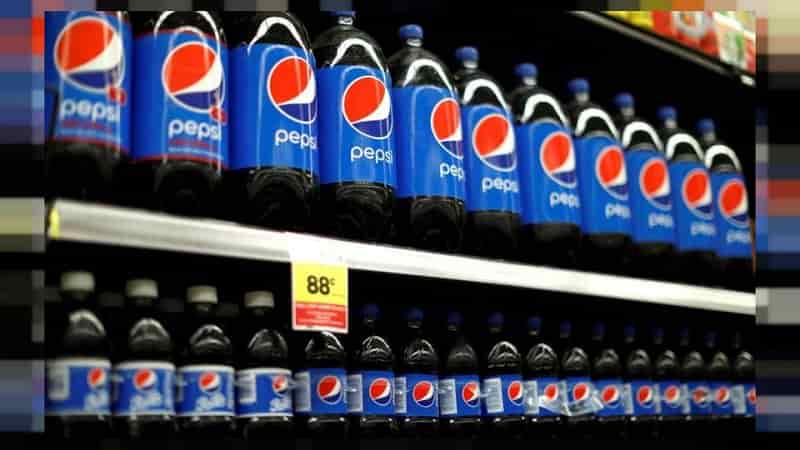
-US’ Huntsman brings high-performance solutions to Colombiatex
Huntsman Textile Effects has brought a complete suite of solutions for performance apparel, technical textiles and casual wear to the ongoing Colombiatex de las Américas 2022. Huntsman Textile is also showcasing the latest addition to the third generation of its revolutionary AVITERA SE polyreactive dye range at the three-day international exhibition. Textile-Effects – rPET-bottle-to-bottle
AVITERA ROSE SE delivers brilliant bluish-red shades while reducing the water and energy required for production by up to 50 per cent and increasing mill output by up to 25 per cent or more. It also significantly outperforms the best available dyeing technologies for cellulosic fibres and blends in terms of value by reducing recipe costs, minimising processing costs and eliminating reprocessing, Huntsman said in a press release.
ERIOPON E3-SAVE is another next-generation water-saving innovation. An all-in-one textile auxiliary for polyester processing, it allows pre-scouring, dyeing and reduction clearing to be combined in a single bath and eliminates the need for anti-foaming products. This shortens processing time and saves water and energy.
“Sustainability is becoming a priority for regulators in South America and around the world, and consumers are increasingly keen to make a difference by choosing green brands,” said Ben Powell, commercial director Americas, Huntsman Textile Effects. “Huntsman is redefining what’s possible to help textile and apparel companies make the shift to more environmentally sustainable operations while enhancing their competitiveness at the same time. Our innovations make it possible to benefit from efficiency gains and resource savings in the factory as you deliver products that stand out in the market.” Textile-Effects – rPET-bottle-to-bottle

Textile-Effects – rPET-bottle-to-bottle
